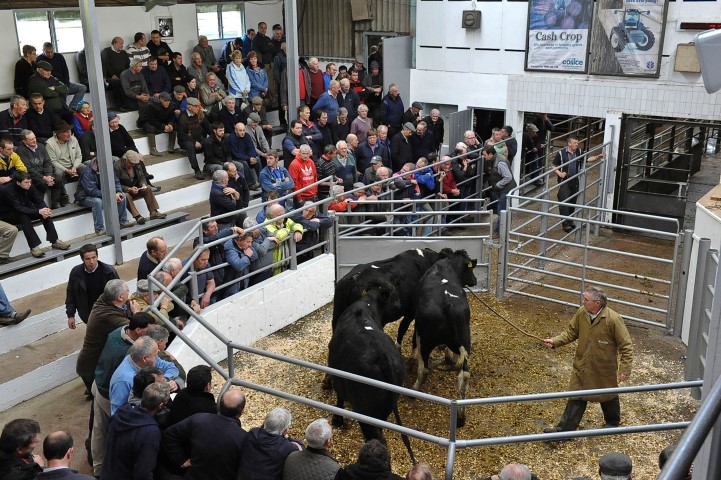At the time of the 1971 population census, 25% of all households in Ireland were headed up by a farmer; in 2011 roughly 6% were.
This change partly reflects a decline in the number of ‘farm households’, from 179,000 to 96,000 (-46%), and a substantial increase in the non-farm population.
Notwithstanding these developments, farms and farm households remain central to the rural and national economy and, more broadly, rural society. To get a better sense of what the future holds for farm households there is a need to understand their responses to past events and processes that have shaped their development over one or more generations.
2014 is the UN Food and Agriculture ‘Year of the Family Farm’. In support of this initiative Teagasc are hosting a number of major national events. As part of this programme Teagasc are organising an academic conference that will examine the past, present and future of the family farm in Ireland.
Speaking recently on the challenges facing family farms and their importance to rural communities, Prof Gerry Boyle, Director of Teagasc, said: “Family farms in Ireland are confronting a host of challenges and changes arising from globalisation of food supply chains, national and international policy developments and climate change. These households have proven over time to be resilient in the face of substantial changes to farming. There are, however, a range of other, non-economic, developments that will affect the future of family farms. We need to understand how family farms have accommodated change in the past so as to best design supports for them into the future.”
The conference, which is being held at Airfield Farm in Dublin on Thursday, 5 June, brings together leading academics from a number of disciplines including, geographers, historians, sociologists and economists, to assess and evaluate the family farm in Ireland and, in particular, to explore how the idea of the family farm became central to the identity of the state and to consider the implications of contemporary developments for family farms. The conference is targeted at those interested in understanding more about Ireland’s social history, rural society and how this may evolve given contemporary developments affecting farm families.
Further Teagasc events and initiatives to mark the UN Food and Agriculture ‘Year of the Family Farm’ will take place during 2014 including a Teagasc and IFA national event planned for 4th November 2014.
